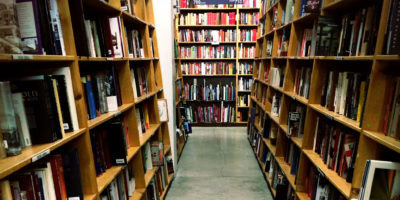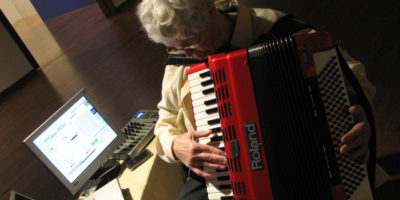
Magical Yet Practical—Remembering Pauline Oliveros (1932-2016)
While Pauline Oliveros was fully grounded in the practicalities of making music, she was always able to connect directly to a place that can reveal mystery and magic.

On Being Named Composer of the Year by Musical America
We are not just the inheritors and interpreters of a tradition, we are also the definers of that tradition, and we have a responsibility to pass on an art form that is broader, more inclusive, and more socially engaged than the one we inherited.
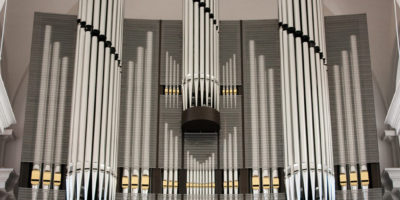
A Composition Competition and the Quest for Standard Repertoire
Is music meant to be ephemeral or enduring? And indeed, are those two goals consonant with one another, or at odds?
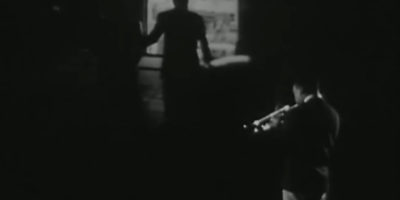
When Jazz Was Cool
Cool turns out to be easier to define, or at least encircle, than many other cultural concepts, not least because it doesn’t seem to exist anymore. In an uncool world, where does a mass audience find jazz?

2017 Grammy Nominees Announced
The Recording Academy has announced the nominees for its 59th annual Grammy Awards and the list of luminaries includes many people who should be familiar to readers of NewMusicBox
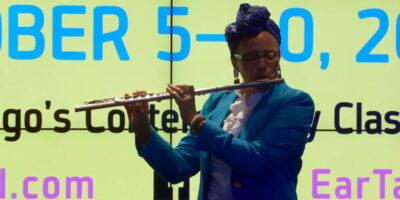
Nicole Mitchell: Endless Possibilities
Composer/flutist Nicole Mitchell’s move to Chicago as a young adult was a transformative experience, and the activities she was engaged in during her years in the Windy City were what ultimately determined her path as a creative musician.

Getting close with Saariaho and L’amour de loin
Kaija Saariaho’s L’Amour de loin is the first opera composed by a woman to be presented at the Met in more than a century. Ronit Seter explores its creation, sharing insights into Saariaho’s style and process.

Andy Costello: The Power of the Unexpected
Utilizing short pieces drawn from multiple authors, Andy Costello offers a playful exploration of communication and the power of the unexpected in performance.
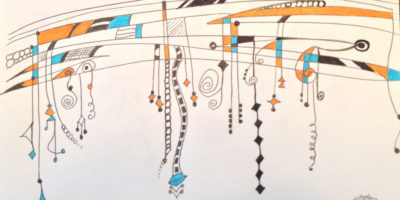
In Defense of Jazz
Jazz, once revered as America’s classical music, has come in for a beating lately at the hands of popular culture. How did it go from such an august status to one where it exists in the imagination simply to be mocked?

Andrew Norman Wins $100K Grawemeyer Award for Music Composition
Andrew Norman’s Play has received the 2017 University of Louisville Grawemeyer Award for Music Composition. The $100K international prize is granted for a work premiered during the five-year period prior to the award deadline (i.e. Jan.1, 2011 – Dec. 31, 2015). Previous recipients include Witold Lutoslawski, György Ligeti, Joan Tower, John Corigliano, Toru Takemitsu, John Adams, Aaron Jay Kernis, and Kaija Saariaho.

Your Better Bio: Getting Real & Covering the Bases
Getting at the motivation behind your work means letting readers in on who you are as a real person. Ultimately, it’s what makes a bio memorable and what can create a sense of a shared human experience.
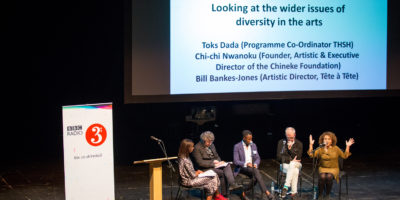
Who Is In the Club?
Under most circumstances, when a White person describes themselves as a composer it can be safely assumed that, in the minds of those present, the images of Mozart, Beethoven, Bach or—perhaps for those more progressive in their tastes—Bartók or Stravinsky (all men) come to mind. Conversely, when a Black person so identifies him or herself, the images of the Chevalier de Saint-Georges, R. Nathaniel Dett, Florence Price, William Grant Still, or—of a more recent vintage—Olly Wilson or George Walker would not come to mind. Rather, there is a strong supposition that, as a Black person, you write either jazz, R & B, or gospel music.

Your Better Bio: Describing your music and your self
It’s a challenge for any musician to answer the question, “So, what’s your music like?” The good news is that there are multiple ways to describe your music and there are tools to make writing easier. Angela Myles Beeching helps you get started.
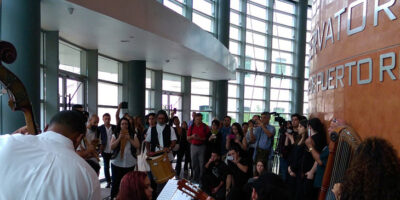
Decolonizing Our Music
Decolonizing music involves a conscious decision to move away from an “either/or” “colonial” mentality to a “both/and” “decolonized” mentality.

Your Better Bio: Vivid and Engaging
Bio writing raises everyone’s self-esteem issues, but you have just one brief moment to get people to stop and focus. Grabbing attention doesn’t mean you have to have won a Pulitzer or a Grammy. What readers really want is a human connection. How will you tell your story?

What We Believe
Difference is not a threat. Difference is an opportunity: a chance to hear a new voice, see a new perspective, feel a new inspiration. Even and especially through wrenching change, we’ll remain devoted to our values and be ever watchful of new ways to put them into practice for the benefit of both New Music and the USA.
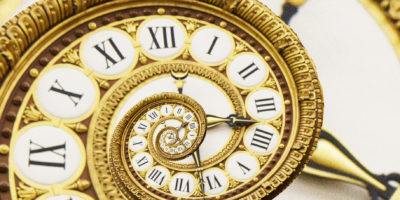
Time Is Flat
I’m very proud of my new CD, released last Friday, which features some of the finest musicians working in the jazz field today. The catch? The music was recorded on June 16, 1992—almost 25 years ago! Looking back at music that I wrote so long ago has provided an occasion to reflect on the changes that have occurred since. How does a composer’s body of work change and develop over their lives? And how have our very responses to this kind of question changed over time?

On Contemporary Performance Practice, Melancholy, Subtle Activism, and Failure
As this fraught election season draws to close, Chris Rountree considers the roles of vulnerability, struggle, and failure in art–the moments in which we are forced to deal with something that we don’t want to deal with and the powerful messages we can draw from that space.

You Need a Better Bio
Writing about yourself is hard, writing about music is ridiculous, and writing about your own music can be excruciating. But these words can motivate people to click and listen, to attend, to collaborate, to promote, book, and fund your music. So it’s time to admit it: your bio could use an upgrade, right?

Reclaiming the Missing Middle
What is the accepted intellectual justification for excluding the center of the aesthetic spectrum from our current musical discourse?

Michael Torke: Life After the Ceremony of Innocence
Before turning 30, Michael Torke had become a towering figure in the new music community. He was signed by a major publisher, had an exclusive record contract on a major label, and was the de-facto composer-in-residence for New York City Ballet. In his early 40s, he went totally DIY both self-publishing and running his own boutique record label. Now in his mid-50s, Torke claims to feel “disconnected from everything” but he remains at the top of his form as a composer.

Questions of Identity
How do we straddle the line between individuality and the cosmos without becoming homogenized masses or superficial categories?
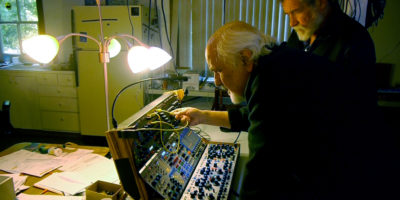
The Electric Heat of Creativity—Remembering Donald Buchla (1937-2016)
Donald Buchla and I remained close for 53 years, although for about 30 years, the friendship was without the virtual electric connection we had in the early days. But he showed me how his new 200e worked and I took it with me to Europe on tour. At the end of the first concert there, for an encore, I looked at the 200e, made a few adjustments, and it was as if it was 1966 in my studio on Bleecker Street. I was ecstatic; the audience was ecstatic. Since then until his recent death, we shared again, that wonderful electric heat of creativity.


